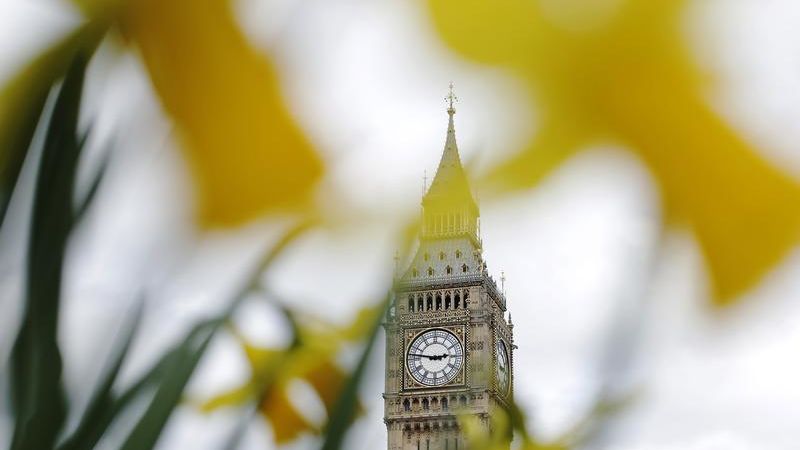This article was written by Nicola Hutchins, a Compliance Learning Content Specialist for Thomson Reuters.
In September, news broke of the FinCEN files investigation, which concerned the leak of more than 2,000 documents from the U.S. Financial Crimes Enforcement Network (FinCEN) to the International Consortium of Investigative Journalists (ICIJ). The majority of the documents in question were suspicious activity reports (SARs) — the mandatory reports sent by financial institutions to law enforcement agencies following the identification of suspicious transactional or client behavior. The SARs had been reported by global financial institutions to FinCEN under strict confidentiality and in line with strict legal obligations.
While the source and impact of the breach is still being investigated, the sheer volume of potentially illegitimate funds involved has brought into question the ability of global financial institutions to control illicit cash flows.
Implications for the UK
In the wake of the FinCEN leak, questions have been raised regarding the U.K.’s role in facilitating global money laundering and other economic crimes. SARs originating from more than 622 U.K.-registered companies were identified within the FinCEN files, and some of those companies have since been accused of facilitating terrorism, fraud, and the circumvention of financial sanctions. The prevalence of U.K.-registered companies in the leaked files has led to a perception of the country as a high-risk jurisdiction for money laundering. But how accurate is this perception?
According to the Financial Action Task Force (FATF) — the global money laundering and terrorist financing watchdog — the U.K. has a well-developed and robust regime to effectively combat money laundering and terrorist financing. In its 2018 U.K. assessment — known as a Mutual Evaluation Report — the FATF concluded that the U.K. “aggressively pursues money laundering and terrorist financing investigations and prosecutions”, a sentiment that seems to contradict the accusation that the U.K. is doing far too little to combat money laundering.
The U.K. also ranks 12 out of 198 in Transparency International’s Corruption Perceptions Index, a score which indicates the lack of any significant concern regarding the U.K.’s engagement in corrupt activity.
Regulators’ responses
Following the FinCEN revelations, Mel Stride, the Chair of the U.K. Treasury Committee, wrote to the U.K. Financial Conduct Authority (FCA), Her Majesty’s Revenue and Customs (HMRC) and other government ministers to question the regulator’s ability to effectively manage economic crime in the U.K. The FCA response stressed that, while inquiries will be made into specific cases highlighted by the FinCEN leak, the agency was confident that the majority of issues raised by the leak had already been addressed in the intervening years.
The prevalence of U.K.-registered companies in the leaked files has led to a perception of the country as a high-risk jurisdiction for money laundering. But how accurate is this perception?
Indeed, the SARs which form the basis of the FinCEN investigation were reported by financial institutions between 1999 and 2017. During this period, several high-profile enforcement actions were brought against U.K.-based banks for anti-money laundering failings. Three of the U.K. banks implicated in the FinCEN investigation — Standard Chartered, Barclays, and HSBC — have been subject to varying degrees of scrutiny for failing to prevent money laundering and terrorist financing over the past 10 years.
In 2012, HSBC entered into a five-year deferred prosecution agreement (DPA) with the U.S. Department of Justice (DOJ) for international money laundering and sanctions violations. In addition to paying a $1.9 billion settlement, the bank agreed to undergo supervision by a DOJ-appointed monitor for a period of five years. During those five years, HSBC was required to address any areas of concern that were highlighted by the original violations and make improvements in its overall anti-money laundering capability. In December 2017, the DPA expired with the DOJ stating that HSBC had fulfilled the requirements of the agreement. Similarly, other banks subject to enforcement actions have made significant progress in improving their anti-money laundering processes.
In a September 2020 press release, the U.K. government vowed to take a tougher stance on fraud and anti-money laundering by reforming the process by which company directors are appointed. The reforms — which will prevent the appointment of directors until more stringent identification and verification checks have been completed — will allow for greater transparency and accuracy of the data held on the U.K.’s Companies House register. It is felt that the improved visibility of ultimate beneficial owners will result in significant improvements to the anti-money laundering regime in the U.K.
The timing of the statement is fortunate, but in his letter to government agencies, Stride of the U.K. Treasury Committee, has now asked whether this initiative goes far enough.
As for the regulator, it is likely that the FCA will continue to probe particular areas of concern. However, there have been no strong indicators that any significant reforms will take place as a result.
Conclusion
According to U.K. Finance, 39.3 billion individual payments were made in or via the U.K in 2018. The U.K.’s position as one of the leading global financial markets makes it particularly vulnerable to financial crime. However, the prevalence of U.K. institutions within the FinCEN files may be viewed as an indication that U.K. banks are complying with their anti-money laundering obligations.
It is undoubtedly the case that regulators, law enforcement agencies, and the financial services industry can do more to combat financial crime. However, the increased scrutiny of banks by the U.K. regulator over recent years and the significant investment banks are making in improving their anti-money laundering controls show that they are at least taking a step in the right direction.






